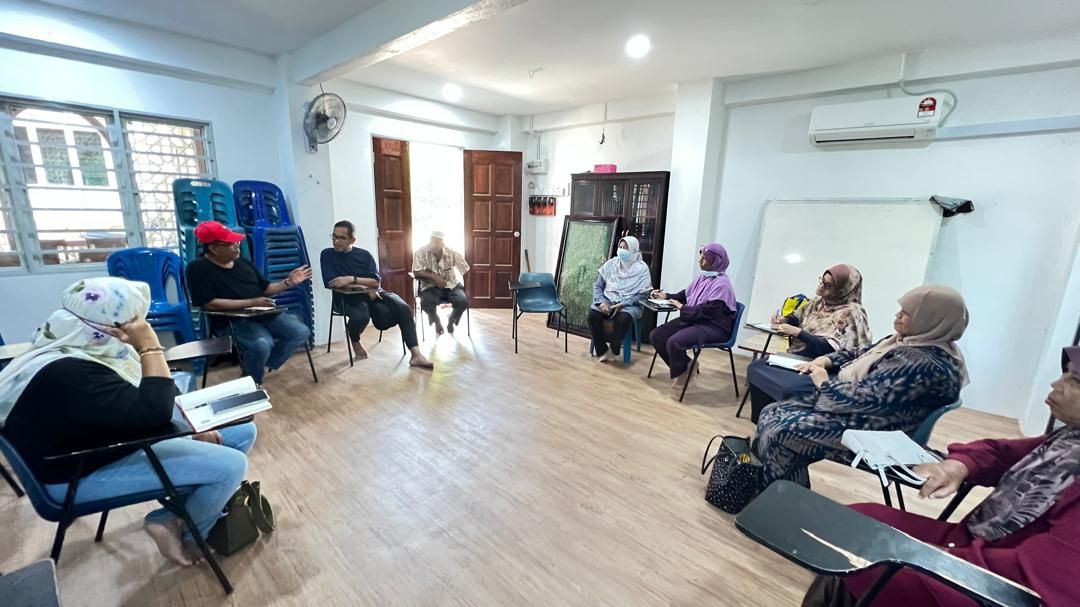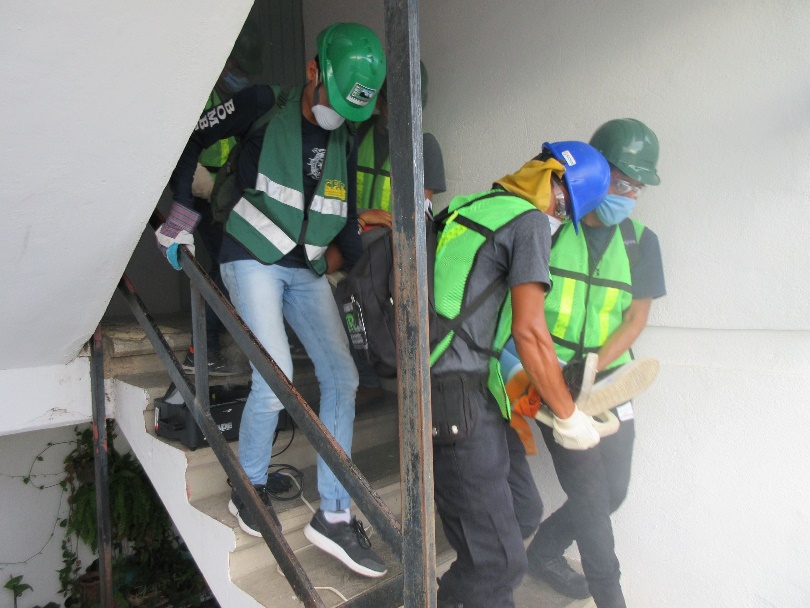Incubation
"Traversing connectivity across the globe for new horizons in disaster risk reduction: Sharing good practices and challenges in community empowerment in Japan, Mexico, and Malaysia"
R6-7 1-1 (R6 AY2024)
| Project Leader | Nakano Genta (Kyoto University, Disaster Prevention Research Institute (DPRI)) |
| Collaborators | Carlos Rodrigo GARIBAY RUBIO (Kyoto University, Disaster Prevention Research Institute (DPRI)) Risye DWIYANI (Kyoto University, Disaster Prevention Research Institute(DPRI)) Khai Lin CHONG (Universiti Utara Malaysia, Disaster Management Institute) Faizatul Akmar ABDUL NIFA (Universiti Utara Malaysia, Disaster Management Institute) NG Zhen Jie (Universiti Utara Malaysia, School of Technology Management &Logistics ) Hendy SETIAWAN (Universitas Gadjah Mada, Department of Geological Engineering, Faculty of Engineering Tien PHAM (Institute of Geological Sciences, Vietnam Academy of Science and Technology) Yoshikawa Minako "Jen" (Kyoto University, Center for Southeast Asian Studies) Okamoto Masaaki (Kyoto University, Center for Southeast Asian Studies) |
| Research Project | Traversing connectivity across the globe for new horizons in disaster risk reduction: Sharing good practices and challenges in community empowerment in Japan, Mexico, and Malaysia |
| Countries of Study | Japan, Mexico, Malaysia |
Outline of Research
This study focuses on community empowerment in terms of disaster risk reduction in Malaysia, where there is little knowledge and experience on disaster response and disaster risk reduction activities at the community level. We will identify the characteristics of the target community through literature review and field survey, and compare them with the knowledge and experience accumulated in Japan, North and Central America, and Southeast Asian countries. In addition, we will discuss good practices and issues that can be shared beyond the communities, cross-referencing across academic fields, sectors, and countries, and extending the discussion to the global level.
Purpose of Research, Its Significance and Expected Results, etc
This research has two main objectives. First, through literature, interviews, and field surveys, we will clarify the characteristics of the target community in Malaysia, where the history of disasters is short and there is limited accumulation of knowledge or experience in disaster risk reduction at the community level. We will then compare this research with the knowledge and experience accumulated through research in Japan, North and Central America (Mexico), and Southeast Asia (Indonesia and Vietnam) to identify measures to promote community-based disaster risk reduction in the target community in Malaysia. Second, by broadening our perspective to a global scale, we will identify good practices and common issues that can be shared across countries, and lay the foundation for a new perspective in which academic researchers, practitioners, and government officials can continuously discuss issues.
There has been very little research that has broadened our horizons and cross-referenced between two continents: Asia (Japan and Southeast Asia) and Central and North America. Such regional research is difficult to conduct through bilateral collaborative research. However, it has been made possible through the collaboration of researchers from five countries who are or were affiliated with the public, private, and academic sectors and who specialize in academic fields such as educational sociology, disaster prevention engineering, management, political science, and area studies.
The results of this research are expected to provide important suggestions for achieving community empowerment in regions such as Malaysia. It is also significant that it promotes the sharing of best practices and issues across countries, which has been limited, and seeks to facilitate exchanges between academic researchers, practitioners and government officials.


